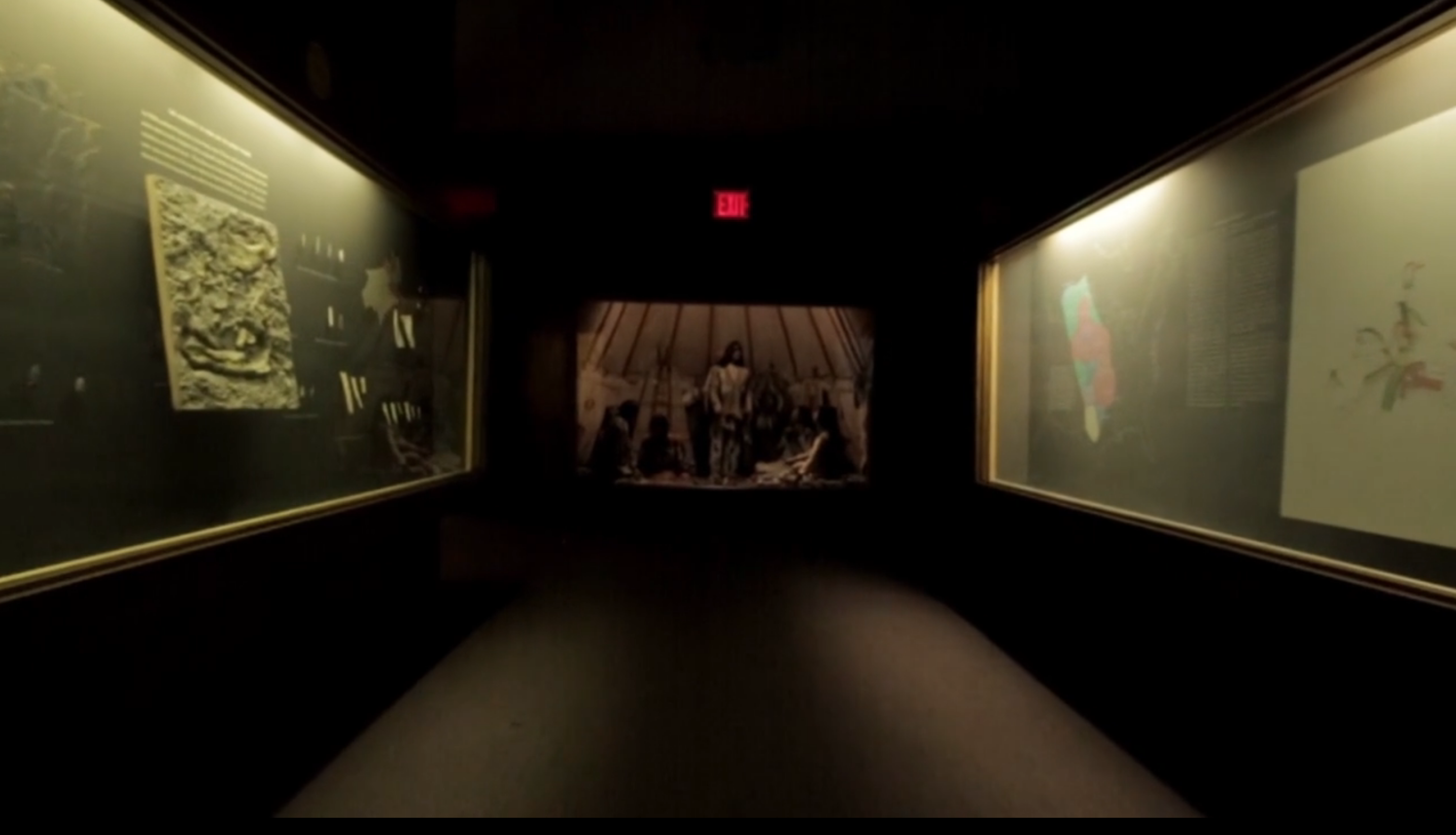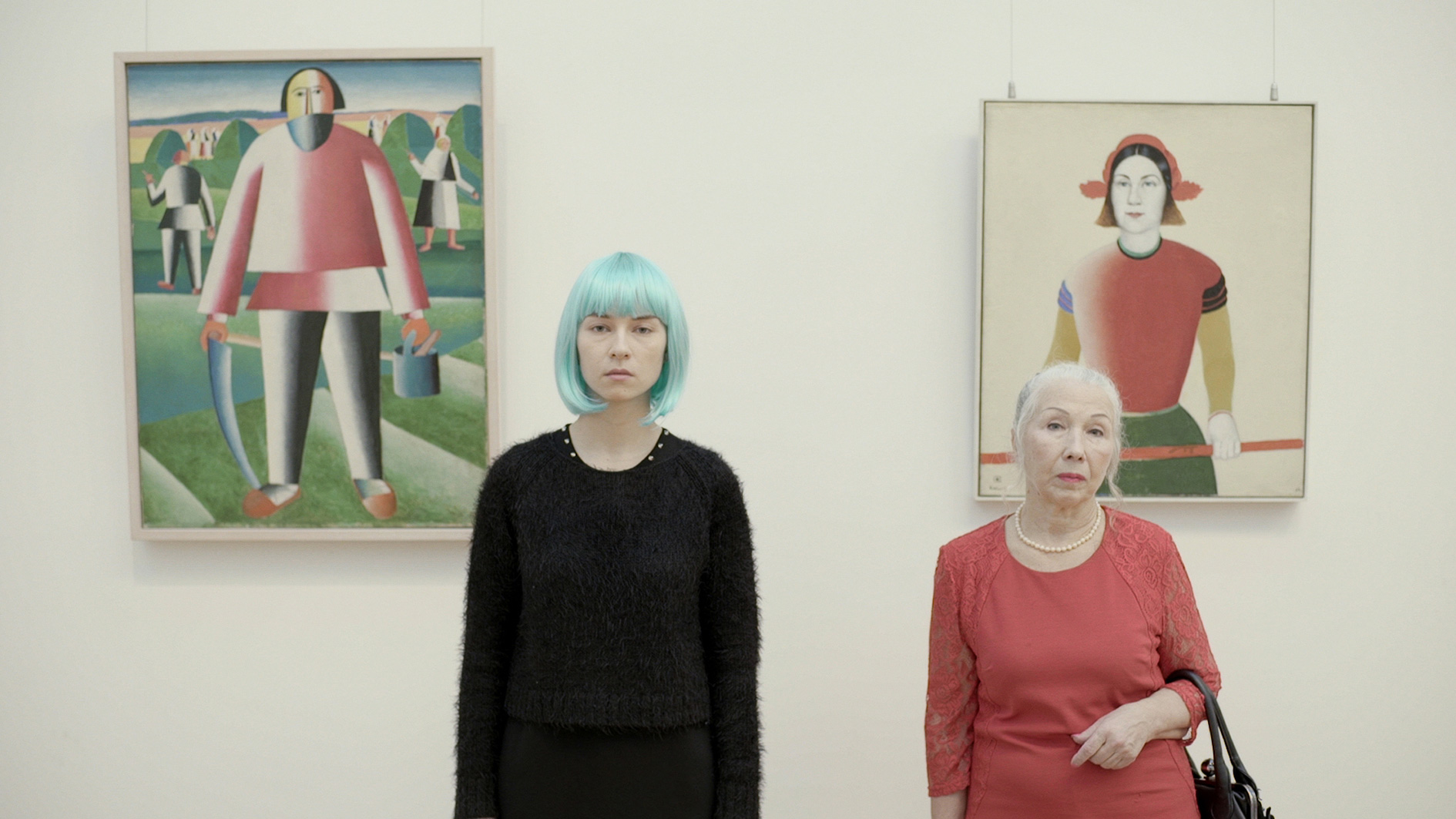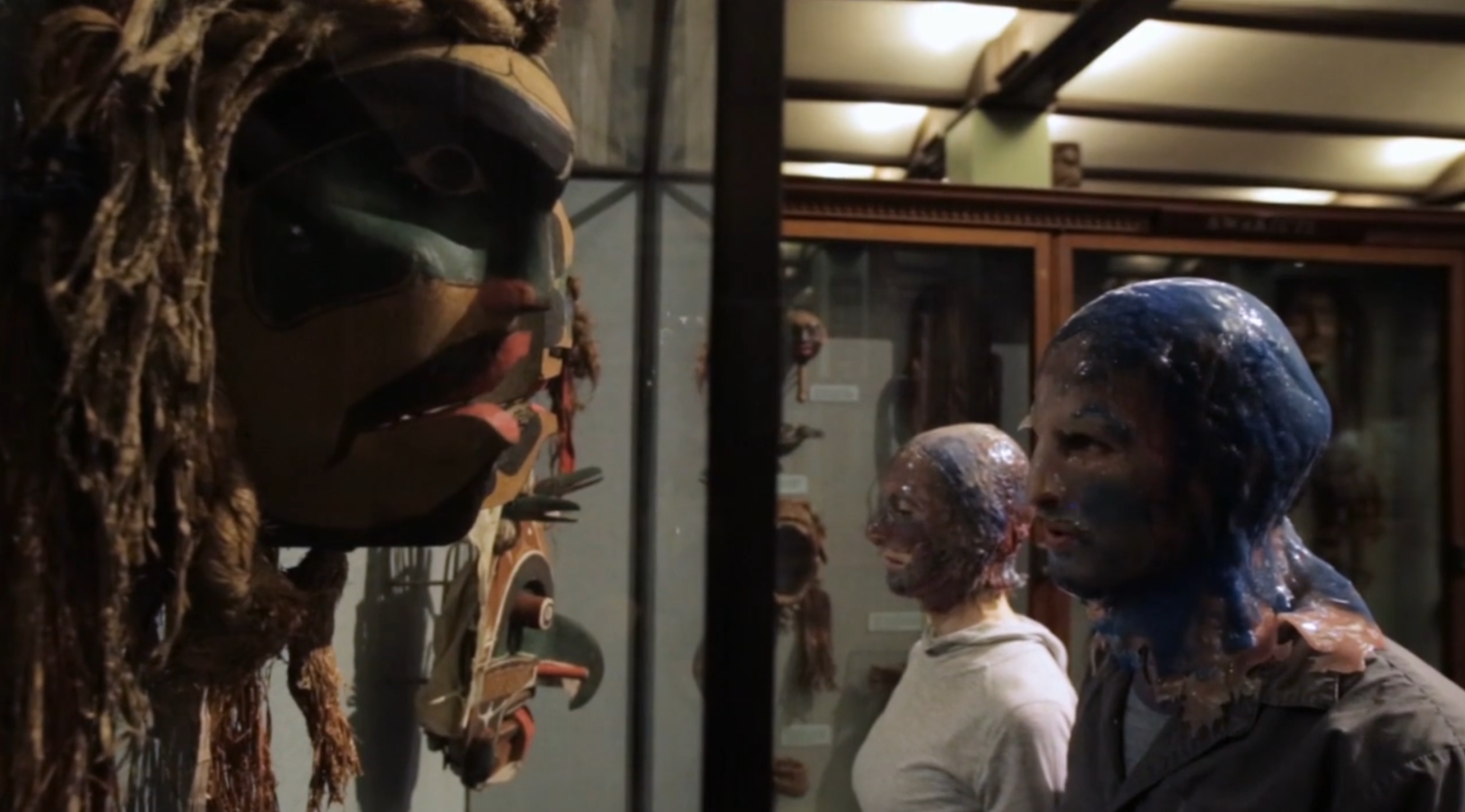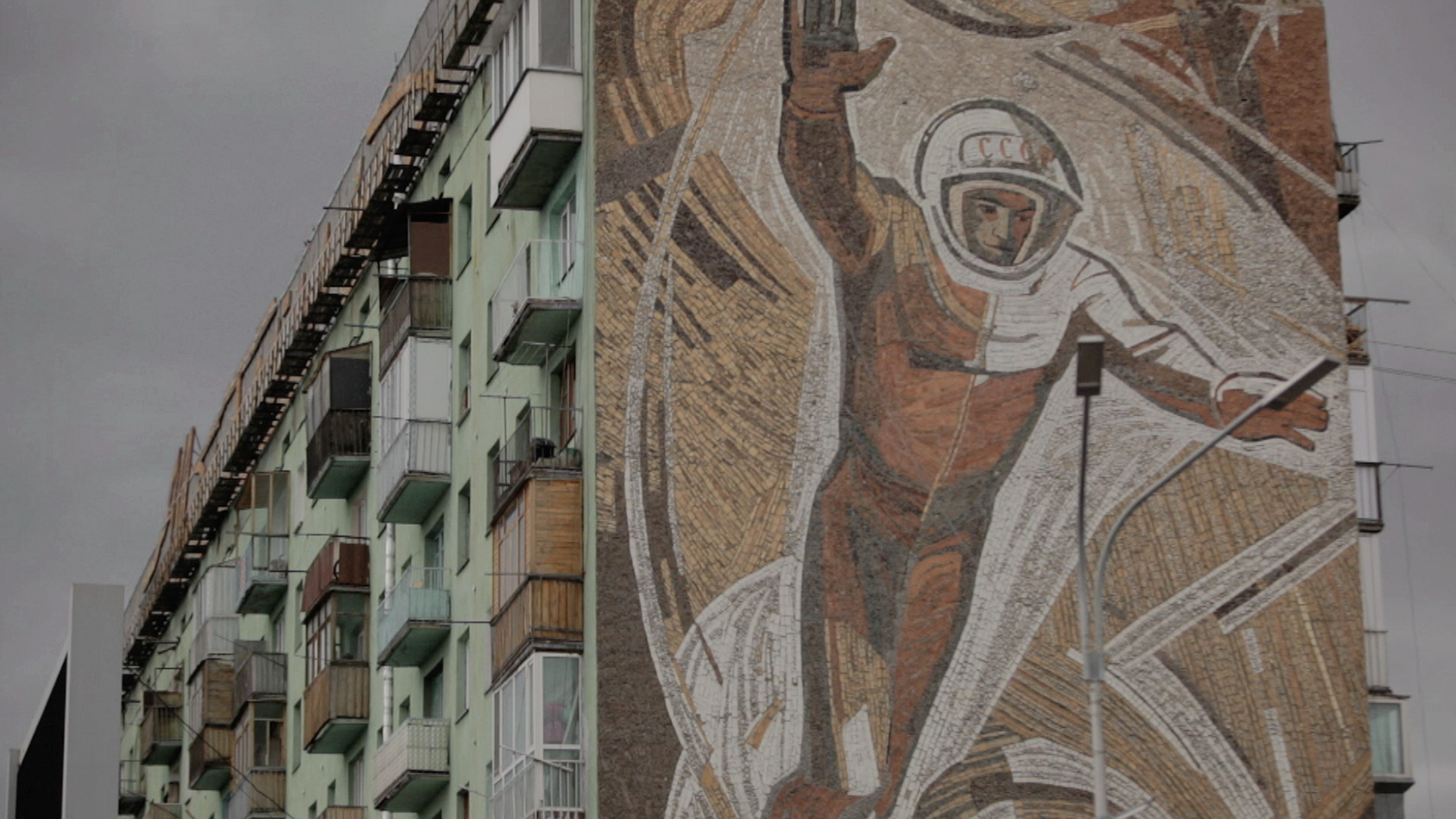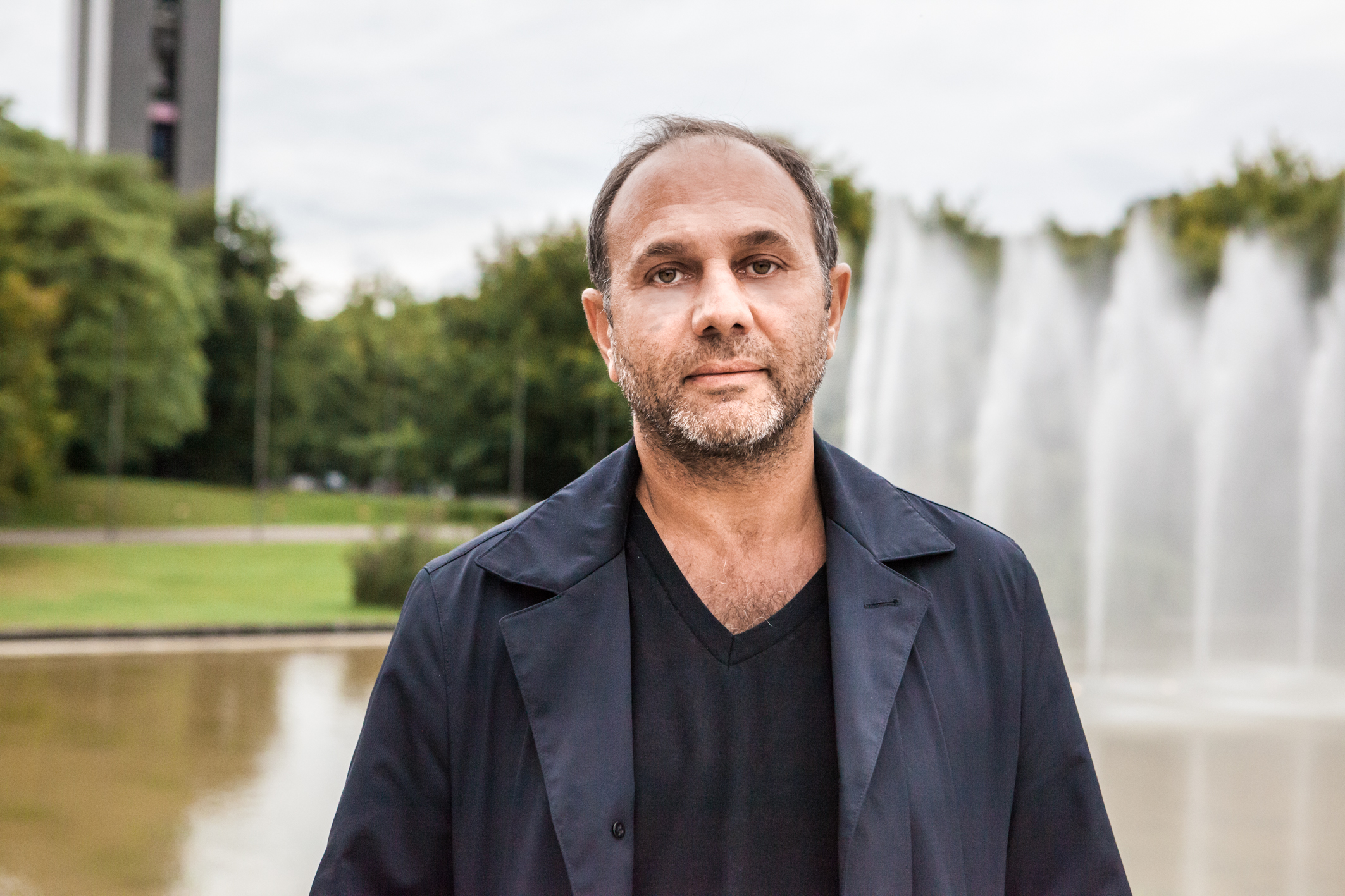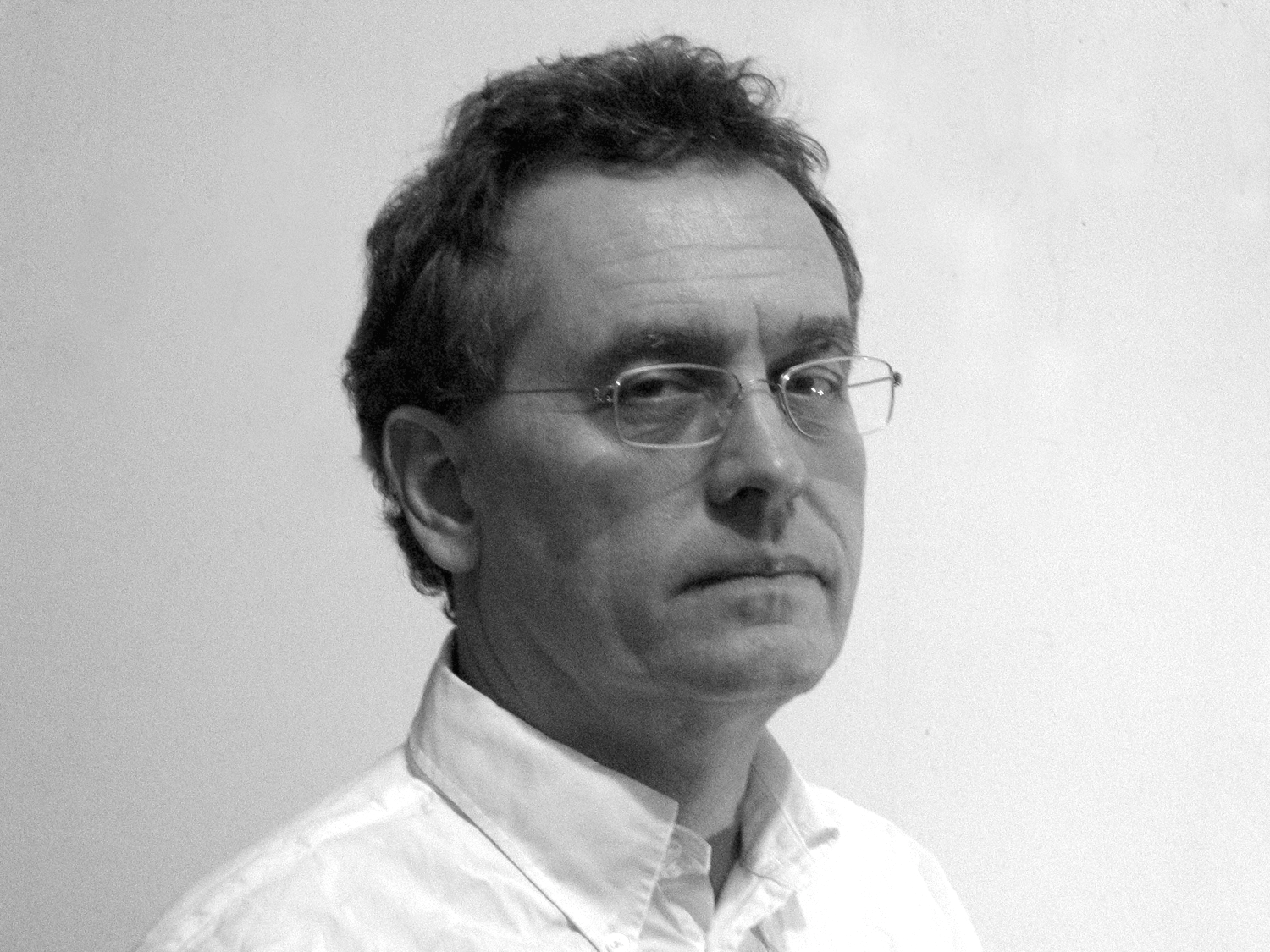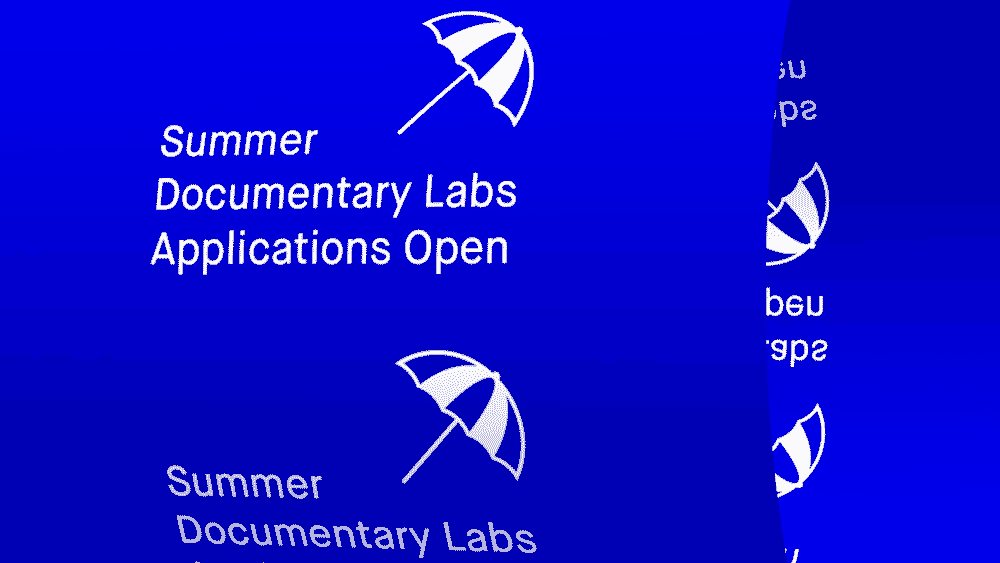Sep 6, 2018 at 7:30 pm
Immortality For All!
Screening to be followed by a discussion with Anton Vidokle, Adam Khalil, Zack Khalil and Keith Sanborn
“The existence of the museum shows that there are no finished matters,” notes a character in Anton Vidokle’s Immortality for All, a trilogy of films that explore Cosmist philosophy and how archives and museums could be used to resurrect the past.
Today the Russian philosophy known as Cosmism has been largely forgotten. Its utopian tenets – combining Western Enlightenment with Eastern philosophy, Russian Orthodox traditions with Marxism – inspired many key Soviet thinkers. In this three-part film project, Anton Vidokle probes Cosmism’s influence on the twentieth century and suggests its relevance to the present day. In This is Cosmos 2014, the artist returns to the foundations of Cosmist thought. The second chapter, entitled The Communist Revolution Was Caused By The Sun 2015, explores the links between cosmology and politics. The film’s recently-completed third chapter, Immortality and Resurrection for All! 2017, restages the museum as a site of resurrection, a central Cosmist idea.
Combining essay, documentary and performance, the trilogy quotes from the writings of Cosmism’s founder Nikolai Fedorov and other philosophers and poets. His wandering camera searches for traces of Cosmist influence in the remains of Soviet-era art, architecture and engineering, moving from the steppes of Kazakhstan to the museums of Moscow.
Catch this rare opportunity to see Vidokle’s trilogy alongside The Violence of a Civilization Without Secrets, co-directed by Adam and Zack Khalil with Jackson Polys, which reflects on institutions’ violent possession of remains, objects, and artifacts in the name of preservation. Adam and Zack Khalil will join Vidokle for a conversation following the program moderated by Keith Sanborn.
Program
The Violence of a Civilization without Secrets
Adam Khalil, Zack Khalil, Jackson Polys, 2017, so-called United States, 10 min
An urgent reflection on indigenous sovereignty, the undead violence of museum archives, and postmortem justice through the case of the “Kennewick Man,” a prehistoric Paleo-American man whose remains were found in Kennewick, Washington, in 1996.
This Is Cosmos
Anton Vidokle, 2014, 28 min
Shot in Siberia and Kazakhstan, as well as Moscow and Archangelsk regions, the first film in the trilogy on Russian Cosmism comprises a collage of ideas from the movement’s diverse protagonists, including founding philosopher Nikolai Fedorov. Fedorov, among others, believed that death was a mistake—a flaw in the overall design of the human, “because the energy of cosmos is indestructible, because true religion is a cult of ancestors, because true social equality is immortality for all.” For the Russian cosmists, the definition of cosmos was not limited to outer space: rather, they set out to create “cosmos,” or harmonious and eternal life, on Earth. The ultimate goal, as illuminated in the short film, was “to construct a new reality, free of hunger, disease, violence, death, need, inequality—like communism.”
The Communist Revolution Was Caused by the Sun
Anton Vidokle, 2015, 33 min
The second part of the trilogy looks at the poetic dimension of solar cosmology of Soviet biophysicist, Alexander Chizhevsky. Shot in Kazakhstan, where Chizhevsky was imprisoned and later exiled, the film introduces Сhizhevsky’s research into the impact of solar emissions on human sociology, psychology, politics and economics in the form of wars, revolutions, epidemics and other upheavals. The film aligns the life of post-soviet rural residents and the futurological projects of Russian cosmism to emphasize that the goal of the early Soviet breakthroughs aimed at the conquest of outer space was not so much technical acceleration, but the common cause of humankind in their struggle against limitations of earthly life.
Immortality and Resurrection for All!
Anton Vidokle, 2017, 34 min
The trilogy’s last part is a meditation on a museum as the site of resurrection — a central idea for many Cosmist thinkers, scientists and avant-garde artists. Filmed at the State Tretiyakov Gallery, Moscow Zoological Museum, The Lenin Library and The Museum of Revolution, the film looks at museological and archival techniques of collection, restoration and conservation as a means of the material restoration of life, following an essay penned by Nikolai Fedorov on this subject in 1880s. The film follows a cast comprised of present-day followers of Fedorov, several actors, artists and a Pharaoh Hound that playfully enact a resurrection of a mummy, a close examination of Malevich’ Black Square, Rodchenko’s spacial constructions, taxidermied animals, artifacts of the Russian Revolution, skeletons, mannequins in tableau vivant-like scenes, in order to create a contemporary visualization for the poetry implicit in Fedorov’s writings.
105 min
Adam Khalil and Zack Khalil (Ojibway) are filmmakers and artists from Sault Ste. Marie, Michigan, currently based in Brooklyn, New York. Their work formally challenges the politics of representation that have so pervasively plagued indigenous people since the inception of the moving image, while raising mainstream awareness about contemporary indigenous sovereignty, and shining light on pressing indigenous political concerns. Their films and installations have been exhibited at the Museum of Modern Art, Lincoln Center, the Whitney Museum of American Art and the Sundance Film Festival among other institutions. They both graduated from the Film and Electronic Arts program at Bard College, and are UnionDocs Collaborative Fellows, Gates Millennium Scholars and Sundance Native Film Fellows.
Anton Vidokle is an artist based in New York and Berlin. As founder of e-flux and e-flux journal, he has produced projects such as the Martha Rosler Library 2005-2006, Pawnshop 2007, unitednationsplaza 2008-09 and Time/Bank 2010. Vidokle’s work has been exhibited internationally at Documenta 13 and the 56th Venice Biennale. His films have been screened at Bergen Assembly; Shanghai Biennale; Istanbul Biennial; Witte de With, Rotterdam; Museum of Modern Art, Warsaw; Berlinale International Film Festival; Stedelijk Museum, Amsterdam; Gwangju Biennale; Locarno Festival; and Centre Pompidou, among others.
Keith Sanborn is a media artist, theorist and translator. He currently teaches at the New School, New York.


